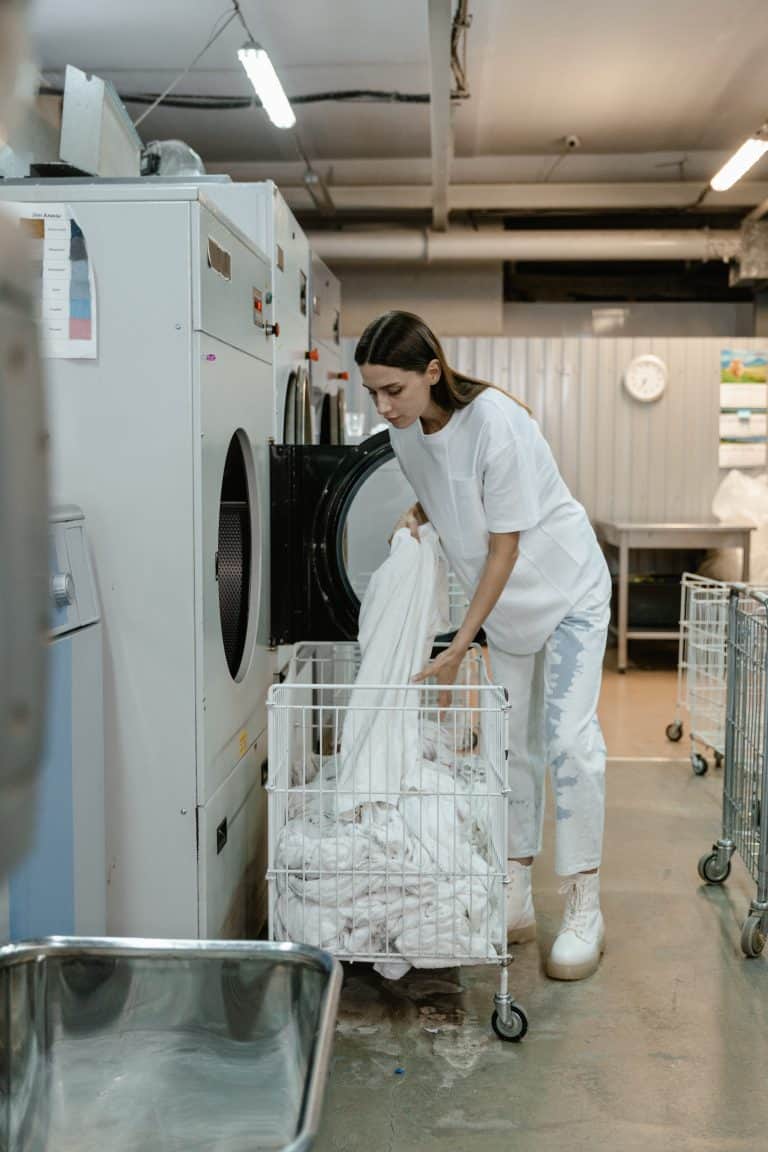Fabric softeners are a popular addition to many laundry routines, known for their ability to make clothes feel softer, reduce static cling, and impart a pleasant scent. However, there are times when using fabric softener may not be necessary or even recommended. In this article, we will explore the benefits and limitations of fabric softeners, helping you understand when it’s best to skip them and opt for alternative solutions.
Understanding Fabric Softeners
Fabric softeners come in two primary forms: liquid and dryer sheets. Liquid fabric softeners are typically added during the rinse cycle, while dryer sheets are placed in the dryer with the clothes. Both types of softeners contain ingredients that coat the fibers of the fabric, reducing friction and enhancing softness.
The Benefits of Fabric Softeners
Fabric softeners offer several advantages that make them appealing to many people:
- Softness: Fabric softeners can make clothes feel smoother and more comfortable against the skin.
- Reducing Static Cling: Static electricity can cause clothes to stick together or cling to your body. Fabric softeners help eliminate static cling, keeping your clothes separate and static-free.
- Fresh Fragrance: Fabric softeners add a pleasant scent to your laundry, making your clothes smell fresh and inviting.
Fabric Softeners and Towels
While fabric softeners can be beneficial for certain types of laundry, there are situations where it’s best to skip their use. One such scenario involves towels. Towels are designed to be absorbent, and fabric softeners can reduce their absorbency over time. Skipping fabric softener when laundering towels helps maintain their ability to soak up moisture effectively.
Athletic Wear and Performance Fabrics
Another category of clothing where fabric softener may not be ideal is athletic wear or garments made from performance fabrics. These fabrics often have moisture-wicking properties. Skipping fabric softener with athletic wear helps preserve their moisture-wicking capabilities, ensuring optimal performance during workouts or other physical activities.
Baby Clothing and Delicate Fabrics
When it comes to baby clothing and delicate fabrics, it’s important to exercise caution with fabric softeners. Babies tend to have sensitive skin, and the chemicals in fabric softeners may cause skin irritation or allergic reactions. Delicate fabrics, such as silk or lace, can also be damaged or discolored by fabric softeners. Consider skipping fabric softener for these items or using a gentler alternative.
Towels, Bed Sheets, and Absorbency
Skipping fabric softener with bed sheets, especially those made from materials like cotton or linen, helps them retain their ability to absorb moisture and promote a comfortable sleeping environment.
Environmental Considerations
Apart from the specific situations mentioned above, it’s worth considering the environmental impact of fabric softeners. Many commercial fabric softeners contain chemicals that can be harmful to the environment when washed down the drain. By skipping fabric softeners or opting for eco-friendly alternatives, you can minimize your ecological footprint and contribute to a healthier planet.
Visit our website and get a free quote.
Remember you can also download our App for Android or Apple.



